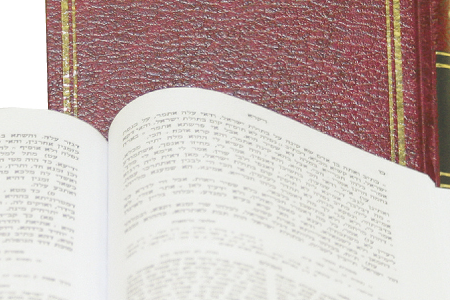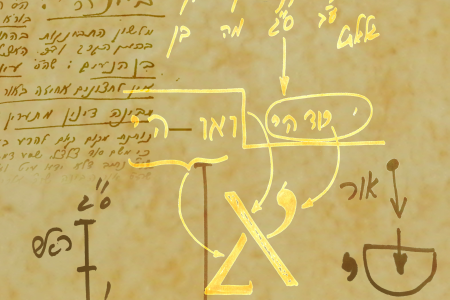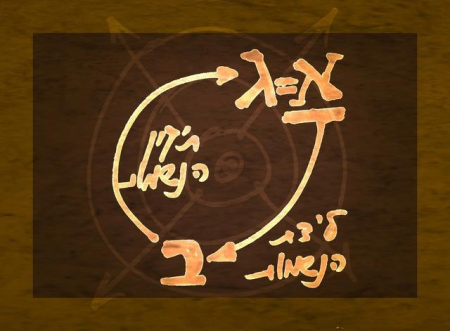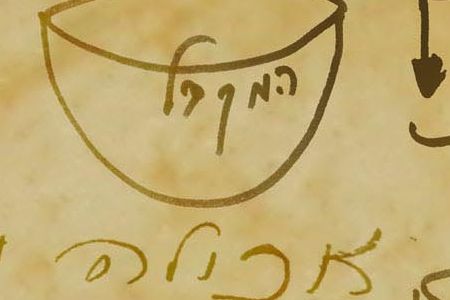Numbers, 25:10-30:1
This Week’s Torah Portion | July 09 – July 15, 2017 – 15 Tammuz – 21 Tammuz, 5777
In A Nutshell
In the beginning of the portion the Creator thanks Pinhas for stopping the plague and gives him a “covenant of peace,” and a “covenant of an everlasting priesthood” to him and to his descendants. All the while, the children of Israel are preparing to fight the Midianties.
Following the instructions of the Creator, Moses divides the land into lots, following censuses held in the people by tribes and by families. At the conclusion of the censuses, the daughters of Zelophehad, from the tribe of Menashe, complain to Moses that their father died and as women, they did not receive their lot. Moses looks into the matter and the Creator rules that to do justice, the daughters of Zelophehad will be given a lot in the land, which will be named after their father.
The Creator commands Moses to climb up the Mountain of Avarim to see the land of Israel, which he will not enter, and to appoint Joshua, son of Nun, as his successor.
At the end of the portion there is a detailed description of the offerings that needed to be sacrificed each day and on different occasions during the year.
Commentary by Dr. Michael Laitman
According to The Book of Zohar, the portion, Pinhas, is profound and evokes many questions. The story tells of people such as Pinhas, who are seemingly greater than Moses. The Creator blesses and praises him that he is as great as Joshua, that he is replacing Moses, who is climbing down from center stage. There is also the issue of women’s rights, some of whom can be as the men, receiving a lot.
As we know, the Torah does not speak of corporeal events or physical bodies, but of souls. The souls are what is important, the eternal part in each of us. This is why we need to understand that the text describes the “human within us,” which must experience all the portions of the Torah along the spiritual development.
This portion speaks of a very special point that awakens in us, a special desire called Pinhas. Continue reading “Pinhas Parsha – Weekly Torah Portion”





